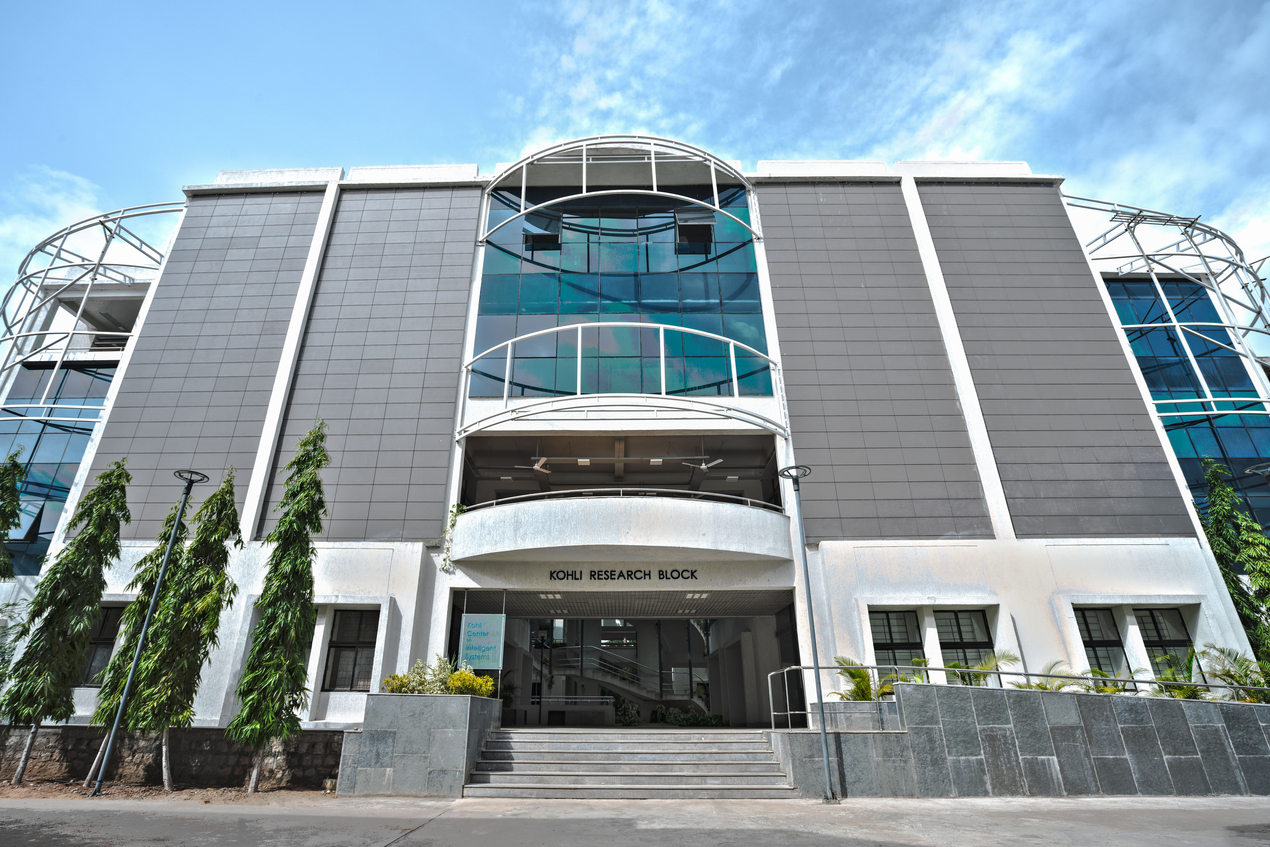
The International Institute of Information Technology in Hyderabad (IIIT-H) is launching a month-long smart city start-up challenge, in association with the Ministry of Electronics & Information Technology (MEITY). The programme will allow selected start-ups an opportunity to pitch to smart city technology multinational companies and smart city officials. The winner will get an equity-free grant of IN1 million (US$) for further development. Winners will also be featured in an innovation listing shared with smart city leaders.
According to a news report, the programme is run by Smart City Living Labs, part of the Smart City Research Centre set up with support from MEITY, the Smart City Mission, and the government of Telangana at IIITH. The focus areas for the challenge are water, waste, safety and security, health, and energy. Any start-ups with solutions or products with smart city use cases can apply, especially tech start-ups already working with products that provide use cases, with or without customers. Those with expertise in commercially deploying market-ready products can also apply. The application deadline is 1 June, the report added.
Ramesh Loganathan, professor- co-innovation and head research of innovation outreach, noted that the Smart City Living Lab is an attempt to discover cutting-edge innovations with smart city use cases and enrich them with knowledge from research. This start-up challenge will help discover innovations to enable smart cities. The winning teams will get capital, network, and knowledge support. The programme is envisioned to support and scale start-ups that are building sustainable, inclusive, and innovative solutions for smart cities.
Smart city technology can make cities more effective and efficient, which is necessary given the projected rapid growth in urban populations over the next few decades. Living Labs will use technology and data purposefully to make better decisions and deliver a better quality of life. The report explained that Living Labs’ mission is to use technology and data purposefully to make better decisions and deliver a better quality of life. By connecting start-ups with those searching for smart city solutions, the programme will amplify the transformation of city infrastructure.
It is also running a water challenge in association with the government of Telangana and the National Institute of Urban Management to find viable solutions to the problems faced regarding water quality, supply, and non-revenue water by cities in Telangana. The goal of the Living Lab plan is to create an urban area enhancing three value domains: social, economic, and environmental. It aims to enable acquire expertise in IoT for smart cities-related research and deployment; generate data for research; create a viable innovation and demand-driven ecosystem in universities; and provide a test bench for IoT-based smart city implementations to start-ups and big companies.
The government’s Smart City Mission aims to drive economic growth and improve the quality of life of people by enabling local development and harnessing technology to create smart outcomes for citizens. Under the project, 100 cities will be covered for five years.
















